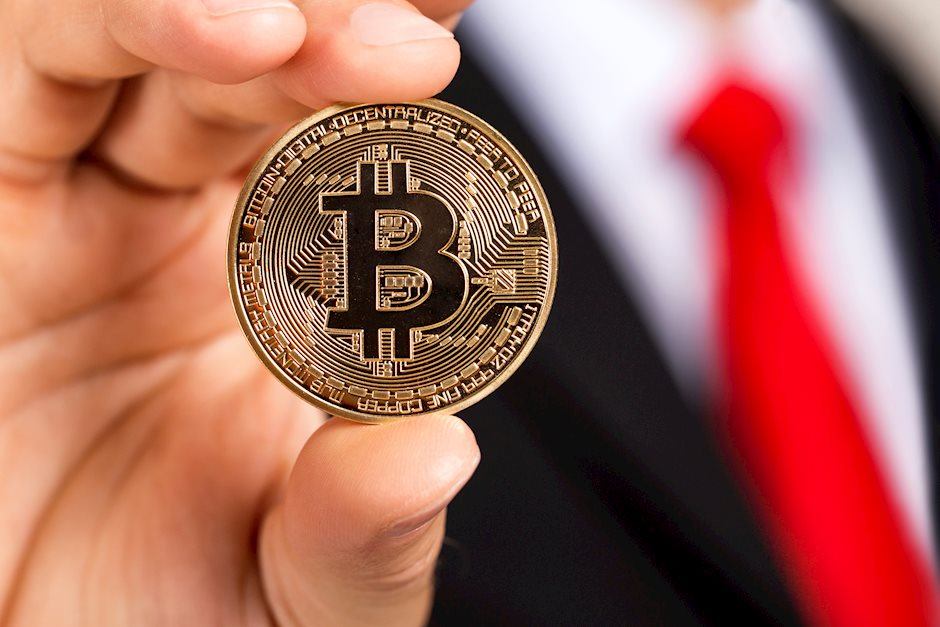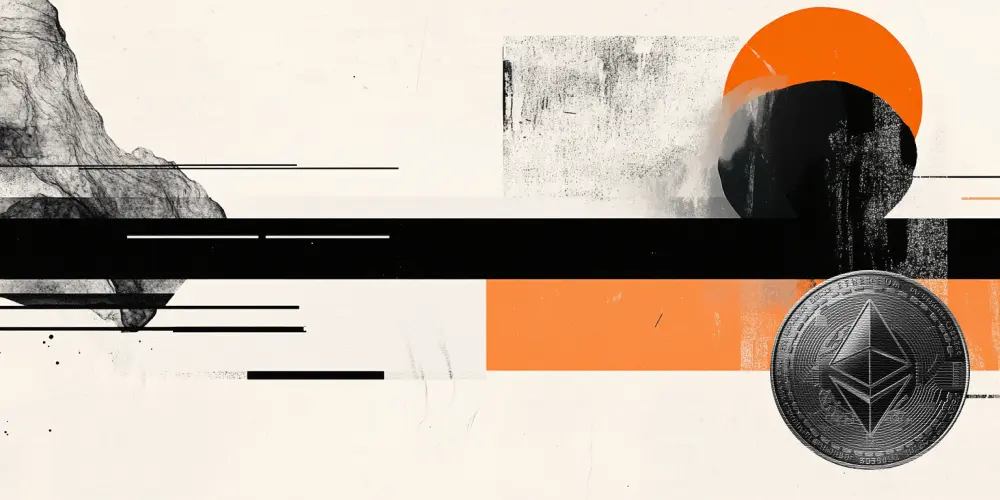How nonfungible tokens will change the way ownership works in our world

The decentralized finance (DeFi) space has been growing rapidly so far this year and with it the possibilities for those outside the traditional financial world have been growing rapidly. It's now possible to own a savings account in DeFi, and to take out a loan if needed, among other things.
According to some, the next big thing in the cryptocurrency space are nonfungible tokens (NFTs) as they hold tremendous potential, and can even change the way ownership works in our world. NFTs could be one of the first true mainstream use cases of blockchain technology.
Understanding Nonfungible Tokens
Before we get into the potential NFTs have, it's important to understand what they are and draw a distinction between "fungible" and "nonfungible." A fungible token, in simple terms, is one that can be easily replaced with an identical one. A nonfungible token is one with unique characteristics.
Bitcoins, for example, are fungible. Let's imagine you buy a product using 0.01 BTC at an online marketplace, but when it arrives it isn't what you ordered. You return the item for a refund of your 0.01 BTC.
It doesn't really matter if the 0.01 BTC you receive in the refund is the same you used to pay for the item, as the cryptocurrency's value will still be the same. Assuming bitcoin is trading at $10,000, 0.01 BTC equals $100
The same isn't true with an NFT. A commonly used real-world example are plane tickets. While most plane tickets look similar, they have key characteristics differentiating them, including the destination and the seats. Getting the wrong plane ticket can even mean you aren't allowed on the plane.
Nonfugible items have always existed. Plane tickets are just one example, and another could be domain names on the internet. OKEx.com, for example, is unique in the sense that it takes users to the cryptocurrency exchange they're looking for.
Another key difference is divisibility. We can divide 1 BTC to pay for an item using just 0.01 BTC, but we cannot divide an NFT. A torn apart plane ticket isn't worth much.
The Advantages of Blockchain Technology
While nonfungible items have always existed, their tokenization brings in the advantages of blockchain technology. To help us better understand these advantages lets look at items used in videogames and collectibles sports player cards.
Bringing these cards onto the blockchain makes it easier to verify ownership, as the holder of a wallet with an NFT token can easily sign a message to prove they control that wallet. It also makes them easy to transfer, as moving an NFT is as simple as moving 0.01 BTC to the wallet of a merchant.
The use of blockchain technology also means censorship-resistance. If a player bought a rare item in a videogame and for some reason got his account banned months later, he would likely lose the item. If the item was a NFT on the blockchain, it could for example be sold to another player.
It also solves problems related to fraud. Art collectors would have an easier time figuring out whether they're looking at the real deal or not, as altering data on the blockchain would require a lot more resources than fraudsters likely have to employ.
The first major NFT-related app was CryptoKitties. In the game, players own and breed digital cats with unique characteristics. NFTs on Ethereum use the ERC-721 token standard, while tokens use the ERC-20 token standard.
Changing Ownership in our World
These advantages mean there are various use cases for NFTs. By being stored on the immutable Ethereum blockchain, they can represent ownership of assets in a way that cannot be forged, censored, altered, or stolen.
In the future, some believe that we will e storing birth certificates, diplomas, warranties, stocks, property deeds, and more on the blockchain, in the form of NFTs. Proving ownership will be as simple as signing a message on the blockchain, or making a transaction.
Author

Jay Hao
OKEx
Jay is a tech veteran and seasoned industry leader. Prior to OKEx, he focused on blockchain-driven applications for live video streaming and mobile gaming.




